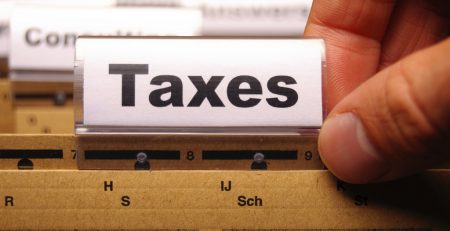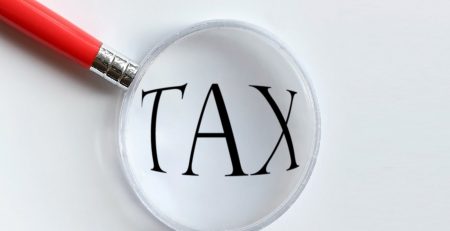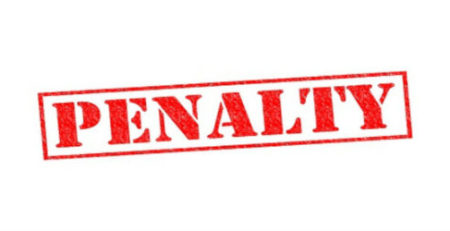Tax treatment of of the revised International Financial Reporting Standards 9 “Financial Instruments”, 15 “Revenue from Contracts with Customers” and 16 “Leases”
IFRS 9 – Financial Instruments
Tax treatment of provisions/impairment of receivables for tax purposes
- bad debts proved to the satisfaction of the Commissioner to have become irrecoverable during the year of assessment and actually written off during the same year notwithstanding that such bad debts were due and payable prior to the commencement of the said year, and
- specific provision for doubtful debts in respect of which the Commissioner is satisfied that they have or will eventually become irrecoverable.
Are deductible for IT purposes (subject to conditions):
Companies other than credit institutions
The application of IFRS 9 does not affect the tax treatment of write-offs/provisions of trade receivables that was applied by companies up to tax year 2017 (before the revised IFRS9). The tax treatment therefore remains as follows:
Allowed write-offs
- Bad debt write-offs provided that the taxpayer proves that, despite any measures taken, and based on the specific facts, the receivables have become irrecoverable and were therefore written off.
- Specific provisions for bad debts provided that the taxpayer proves that, despite any measures taken, and based on the specific facts, there are objective difficulties in recovering the amounts.
Non-allowable write-offs
- General provisions for bad debts, that do not take into account the specific facts and circumstances of each case.
Expected credit loss calculated under the “simplified approach” but on an individual basis will be allowed. Any amounts calculated based on a provisions table/matrix (usually general) which is prepared on a collective basis is not accepted.
Consequently, for the purposes of determining the taxable income of persons for tax years from 2018 onwards, the provisions/impairment of trade receivables recognized under IFRS 9 should be deductible to the extent that they represent items as explained above.
Tax treatment of provisions/impairment of receivables for Deemed Dividend Distribution purposes
No adjustment should be made to the profit for Deemed Dividend Distribution purposes in respect of provisions/impairment of receivables recognized under IFRS 9.
This treatment applies to all companies, including credit institutions.
IFRS 15 – Revenue from Contracts with Customers
The Guideline issued by the Cyprus Tax Department provides that the tax treatment of income recognized under IFRS 15 should be consistent with the accounting treatment, both for income tax/corporation tax purposes and for the calculation of special defense contribution on deemed dividend distribution.
Therefore based on the above, no adjustments should be made to the income tax/corporation tax and deemed dividend distribution computations.
IFRS 16 – Leases
The application of IFRS 16 does not affect the tax treatment of leases and for the purposes of determining taxable income, the treatment that applied up to the year 2018 shall continue to apply. Consequently, the impact of IFRS 16 should be eliminated in the tax computation of the lessee.
Operating leases (as interpreted for the lessor)
The lessee is entitled to a tax deduction for the annual rent expense (based on the accrual basis), which is the annual cost of using the leased asset, provided that the relevant asset is used for business purposes. The necessary adjustment should therefore be made in the tax computation to claim this deduction.
Finance leases (as interpreted for the lessor)
The lessee is entitled to capital allowances on the cost of the lease asset (Right of Use) as well as any finance cost that relates to the lease. The necessary adjustment should therefore be made in the tax computation to claim the respective capital allowances.
Tax treatment of leases for DDD purposes
No adjustment should be made to the accounting profit subject to deemed dividend distribution in relation to the accounting treatment of leases as per IFRS 16.










